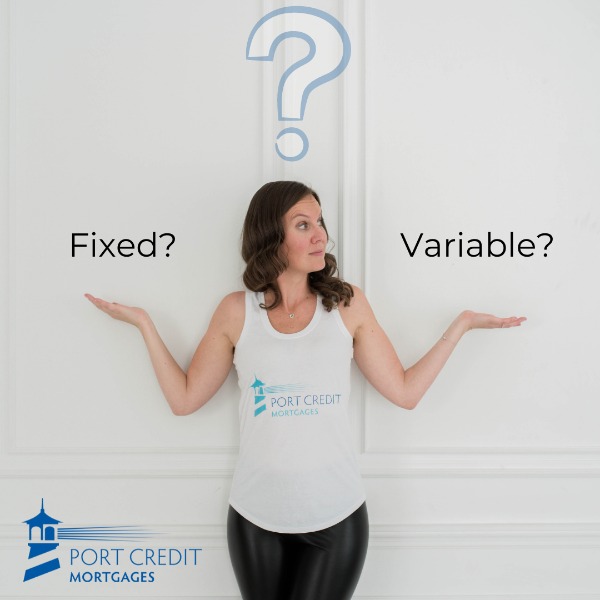How to pick between fixed vs a variable and understanding variable vs adjustable mortgages
- Nov 29, 2022
- 2 min read
Updated: Mar 13, 2023
At the end of the day. You know what is right for you. Working with a professional who asks the right questions and listens to your needs is absolutely the foundation for your success as a client when picking a fixed rate vs a variable rate.
Here is a quick breakdown of points I like to share with my clients to help navigate between fixed, variable, and adjustable mortgages.
Variable Rate
Your rate is based on the prime rate which can fluctuate or vary throughout the year.
Your mortgage payment may or may not adjust with the rate changes depending on the lender and the product details. There are pros and cons to both contacting a mortgage professional who can explain the difference in detail.
The penalty generally is three months of interest.
Not all lenders allow clients to port their variable rate mortgages so inquire about this feature if you think you will be buying and selling within the term you select.
Fixed Rate
With a fixed rate interest rate, you're protected from sudden and potentially significant rate increases.
While you may not feel the immediate impact of rates rising, you will likely be renewing in a different rate environment from when your term began, so understanding how the rates would impact your future budgeting, and planning accordingly, is important.
Penalties can be three months of interest or interest rate differential (loss of interest over the term)
Not all lenders allow fixed rates to be ported. Ensure your mortgage professional understands that you might buy and sell in your term. Fixed rates also come as short as six months or as long as ten years. You do not have to pick a five-year. Understand why you picked a five-year in the past and inquire if it is still the best option for you now.











Comments